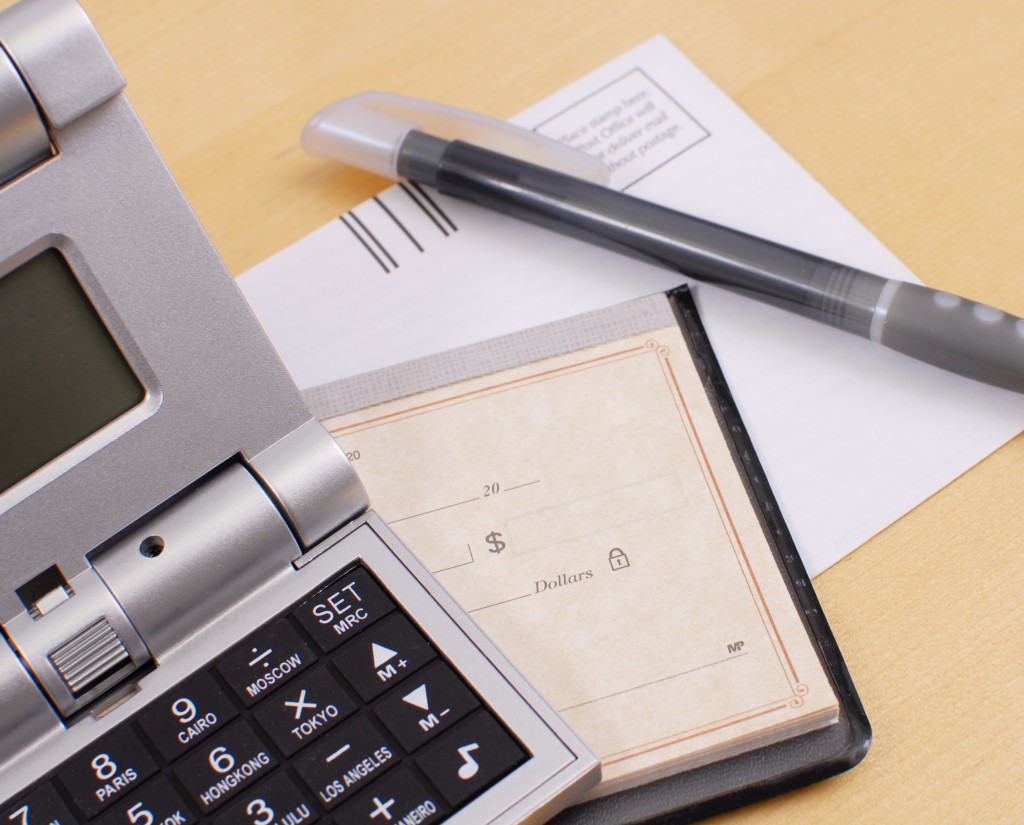With unemployment at an all-time high and businesses of all sizes closing left and right, we’re now seeing the importance of an emergency fund to sustain business operations during tough times. While we all know that long-term financial planning and management are essential to any enterprise, businesses may have to resort to drastic measures to keep afloat during an economic crisis.
Without an emergency fund, you may find it more difficult to make payroll, rent, and other expenses during lean times. The economy is cyclical in nature, and we need to prepare for both the good times and bad times. Hiring an online financial coach can help fill some knowledge gaps when balancing your books and saving up for a rainy day.
When cash is tight, it’s vital to act immediately to keep your business running. Here are a few tips that will prepare you for any financial emergencies.

1. Check the books
Your budget isn’t set in stone, and you must be prepared to create a new budget in the event of a short-term financial crisis. Since your new budget is heavily dependent on your current revenue, the first thing you need to do is to evaluate your finances.
If you can’t afford to pay all your employees, layoffs may be necessary to keep your business afloat. Marketing campaigns may have to be scaled down, or the money diverted to other channels. Be prepared to talk to your creditors to renegotiate the payment terms of any loans or debts you may have.
By restructuring your finances, you can divert funds to areas where it is most needed. Your focus now is survival, and it’s essential to look at the bigger picture.
2. Trim the fat
As the popular adage goes, you need to spend money to make money. Businesses have to pay for labor, materials, production, utilities, and rent. The list goes on. Some of these expenses are necessary to keep the business running, while others can be cut if the situation calls for it. For instance, client lunches at expensive restaurants may be tenable in normal times, but if you’re low on cash, you can safely eliminate it from your budget.
During a short-term crisis, it’s important to examine the budget and to cut spending in areas where it isn’t needed to prop up your finances. It helps to review the budget on a departmental basis so that you can anticipate the effects of the budget cuts on business operations.
3. Talk to everyone
It’s not the end of the world if you are struggling to make payments to your creditors or if you’re falling behind on rent. But you shouldn’t stop talking to your creditors when the going gets tough. Let them know early on that you’re having cash-flow problems. You may be able to renegotiate payment terms or even extend forgiveness programs until the situation stabilizes.
It also helps to ask your lenders, especially banks, if they have special measures for their clients during an economic crisis. For instance, your bank may be able to lower interest fees or waive transaction fees. Don’t feel embarrassed when you ask these things, especially when your business is on the line.
4. Consider restructuring
Short-term measures are ineffective against long-term economic crises. Eventually, your money will run out, regardless of how many cuts you make. Your next step is to consider changing the structure of the business. Maybe what your business needs to survive is to become leaner.
If you do decide to resume business operations, think of it as a fresh start. Use everything you’ve learned in the last few months to change the way the business is run. You also may have to revisit your business plan so you can effect changes at the fundamental level.
5. Start saving
All businesses have had to contend with financial crises. Some last for a few weeks or months, while others can drag on for years. While there’s nothing you can do to prevent external events from affecting your operations, you can control how you react to these events. The best cushion against a sudden decline in revenue or economic activity is an emergency fund.
Make sure to set aside a portion of your profit during your boom times. You may deposit the money in a high-interest account or invest it in financial instruments. Use this emergency fund to buy yourself time during a financial crisis.
A final word
Entrepreneurs are not only measured by their ability to grow their businesses and improve profits but also by their response to a financial crisis. These five tips will help your business stay afloat during hard times.

